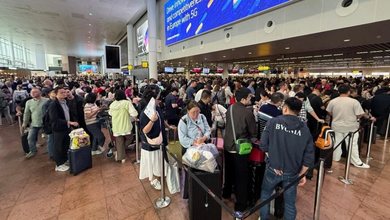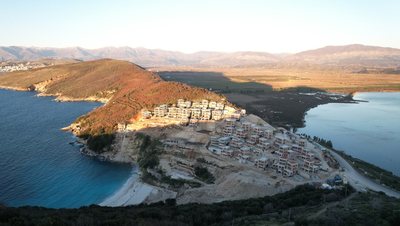
A significant portion of Albanian employees are considering leaving their current workplace.
According to Gallup's latest report "State of the Global Workplace 2025", 36% of Albanians are actively seeking new professional opportunities.
This places Albania in 8th place in Europe and Central Asia for this indicator, leaving behind countries like Norway, Sweden or Serbia.
Although this indicator is lower than a year ago, when the figure was 42%, it remains a clear signal of high dissatisfaction in the Albanian labor market.
Experts point out that relatively low wages, lack of good working conditions, job insecurity, and economic emigration are among the main reasons that push Albanians to seek alternatives.
The Gallup report highlights that the desire to change jobs is closely linked to stress levels, low well-being, and lack of engagement at work.
In Albania, these phenomena reflect the structural challenges of the economy, where many young and qualified professionals see emigration or seeking an employer abroad as the only solution.
Analysts warn that, if these problems are not addressed, Albania could face a "brain hemorrhage" of qualified professionals, jeopardizing economic development and labor market stability in the coming decades.
Meanwhile, Albanian employers have been challenged to improve working conditions, offer competitive wages, and invest in employee well-being to retain their talent within the country.
In addition to economic factors, the Gallup report also highlights the importance of the work environment and psychological well-being.
Constant stress, lack of support from management, and reduced opportunities for professional development are additional reasons that encourage employees to seek alternatives abroad or in other companies.
In Albania, the phenomenon of the departure of young professionals is not new, but its intensity is increasing.
Many qualified young people see emigration as a practical solution to achieve higher wages and better working conditions, creating a dual challenge for the economy, such as the loss of talent and difficulties in attracting foreign investment that requires specialized labor./Monitor






















